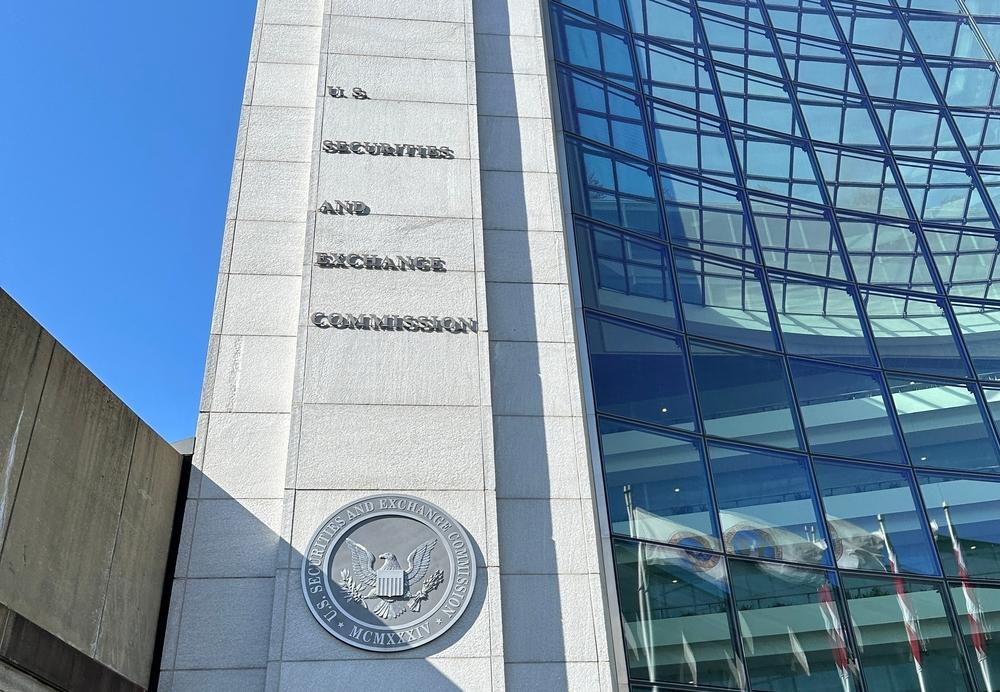Cryptocurrency regulation is one of the key focus areas for the European Securities and Markets Authority (ESMA) for the next couple of years, CoinDesk reported.
On Thursday, ESMA published its 2020-2022 priorities list, which sets out its future focus and objectives and reflects its expanded responsibilities and powers.
Noting the growing impact of financial technology and digitalization on markets, ESMA said that it will actively look into the new opportunities technology might bring especially for investor protection and share expertise and know-how with national authorities.
"The dangers of cyberthreats to the financial system as a whole and a sound legal framework for crypto-assets are increasingly becoming areas of focus for ESMA together with the other ESAs, the ESRB, the ECB and the European Commission," it said.
Last January, ESMA, along with the European Banking Committee (EBA) called for an EU-level response to the risks posed by cryptocurrencies and initial coin offerings (ICOs). “Where crypto-assets do not qualify as financial instruments…, ESMA believes that the absence of applicable financial rules leaves consumers exposed to substantial risks,” the said at the time.
In July, ESMA published a report, entitled “Licensing of FinTech business models,” in which it identified regulatory gaps in the licensing regime for fintech firms engaged in the area of crypto- assets, ICOs, and distributed ledger technology (DLT).
In a joint letter to the European Commission (EC) in August, EBA and ESMA said that they are engaging with international bodies including the Financial Stability Board (FSB), the Basel Committee on Banking Supervision (BCBS), the Financial Action Task Force (FATF), and the International Organization of Securities Commissions (IOSCO) and the Committee on Payments and Market Infrastructures (CPMI). They said:
“This engagement is intended to help inform a common approach at international level, for example on matters such as the prudential treatment of banks’ exposures to crypto-assets and the regulatory treatment of crypto-asset exchanges and trading platforms.”
Meanwhile, the U.S. Securities and Exchange Commission’s (SEC) Office of Compliance Inspections and Examinations (OCIE) has also included crypto-assets in its 2020 Examination Priorities.
























Comment 0